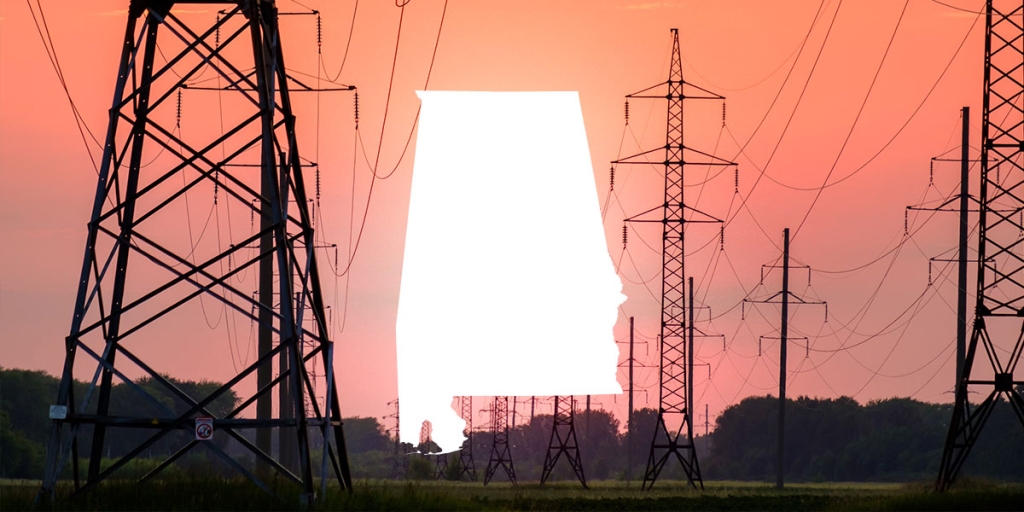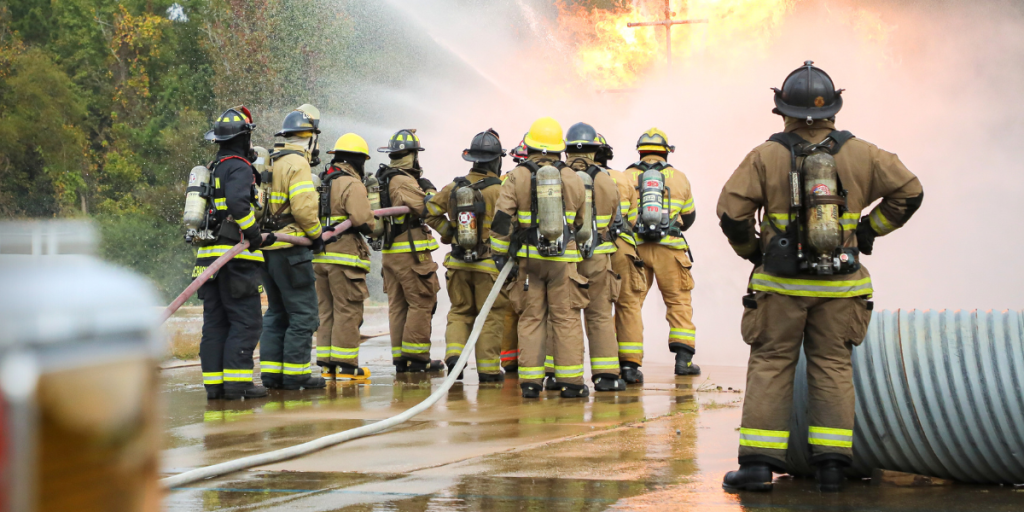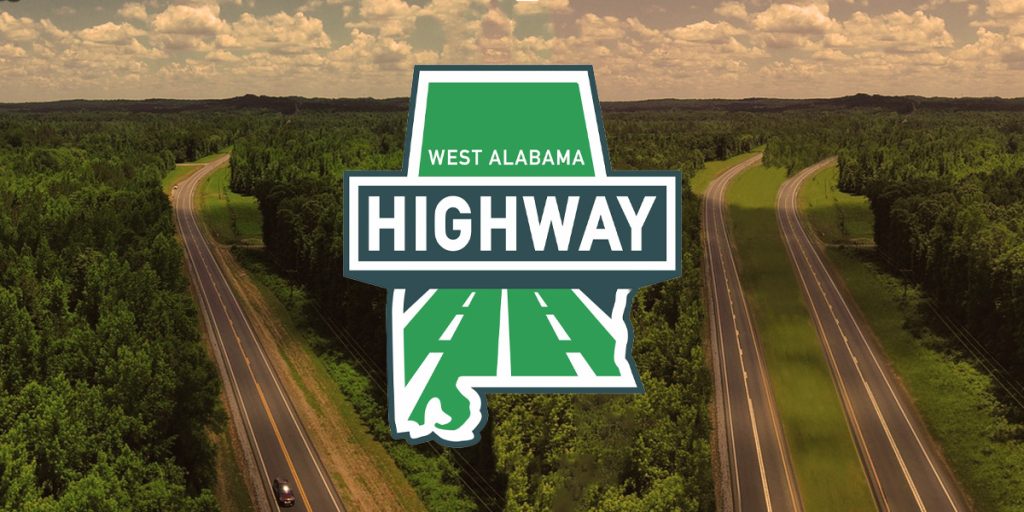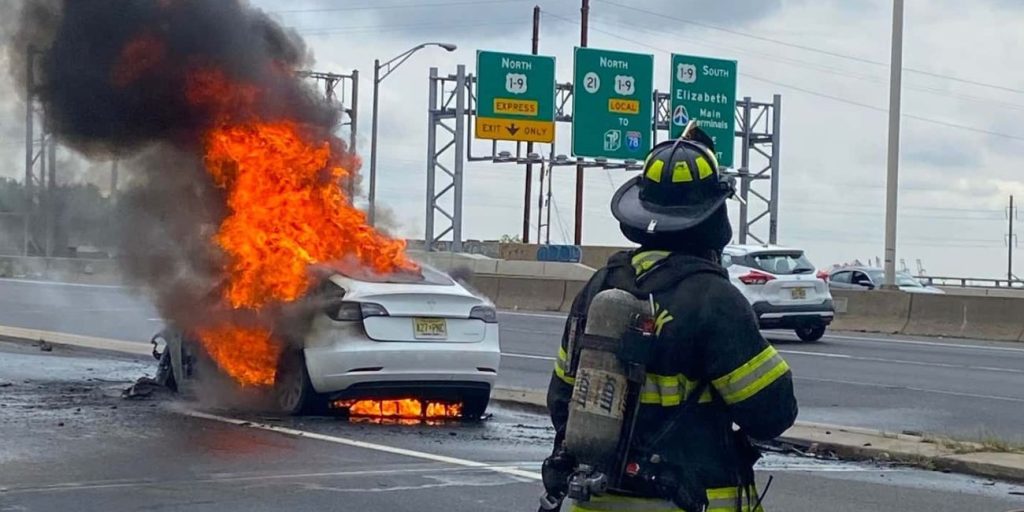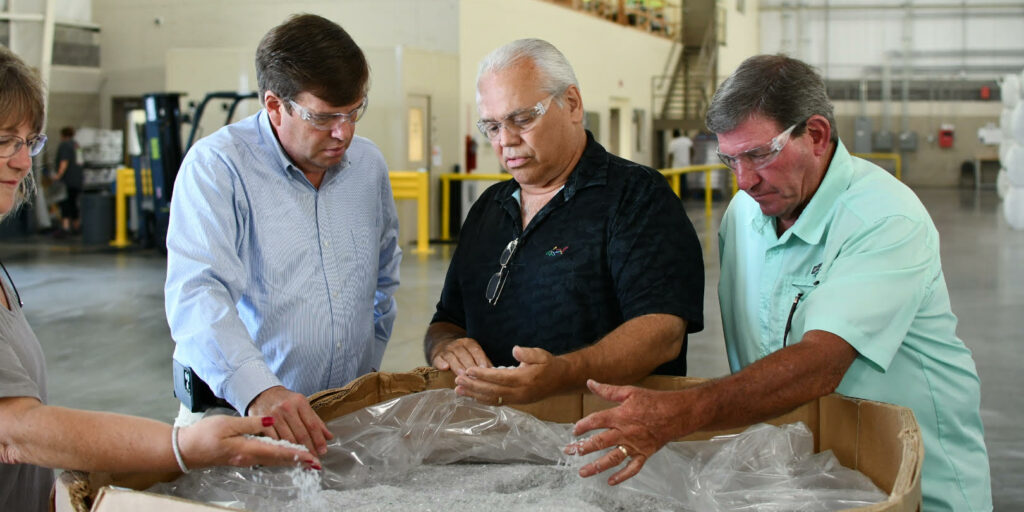As a fire chief in Jefferson County, I know just how precious every second is during an emergency. Whether we are responding to a house fire, a car accident or a medical crisis, the time it takes for first responders to reach the scene can be the difference between life and death.
That’s why fire chiefs and other first responders like me across Jefferson County are strong supporters of the Birmingham Northern Beltline. To us, the Northern Beltline isn’t just a highway project but a lifeline to people who need our help.
There are rural and isolated areas in the northern part of the county – not to mention some winding roads – that make fast response times a real challenge for fire trucks, ambulances and law enforcement vehicles. Despite the somewhat isolated environment, there are also times when we face traffic backups that can cause serious problems.
Take, for instance, a recent situation where emergency responders were called to a car accident just north of Pinson. The patient was critically injured, and while the team arrived as quickly as possible, they were delayed by traffic bottlenecks. That delay cost valuable minutes.
The Northern Beltline would change that, giving first responders a clearer and more direct route to reach emergencies faster and with less chance of delay.
Palmerdale Fire District Chief Jason Howell has said it can take up to 30 minutes for area first responders to transport a patient to UAB’s Freestanding ER in Gardendale. Instead of 30 minutes to the ER, he said with the Northern Beltline they could be there in 10. Think of what a difference 20 minutes can make when your life or the life of someone you love is on the line.
The Beltline will also improve access to our communities for emergency teams from outside our area. Under the Alabama Mutual Aid System, we can call on responders from across the state to assist during disasters like tornadoes or floods. The faster, more efficient route the Northern Beltline will provide can make a huge difference when we’re coordinating with outside agencies.
RELATED: First responders advocate for quick completion of Northern Beltline project
It’s a matter of safety and survival. This is why the Jefferson County Association of Fire Departments supports the Northern Beltline and why I personally joined other first responders recently at a public meeting in Gardendale to voice our strong support for the Northern Beltline. We were pleased that the overwhelming number of people who spoke at the meeting joined us in backing this project.
Some may see this as just another highway expansion, and there’s no doubt the project has its critics. Some argue the Beltline’s cost outweighs the benefits, or that it’s being built in areas with a small population.
But for those of us on the front lines of public safety, the numbers tell a very different story. To us, it’s not about growth projections or population density. The numbers we care about the most are the ticking seconds of a clock and the number of people we save. A fire can quickly engulf a home, and medical emergencies worsen with every passing minute. Building the Northern Beltline means first responders like me can do our jobs more effectively—and I believe that will mean saving hundreds of lives over the years.
The time to move forward is now. For those waiting for help in their most critical moments, the Northern Beltline can’t come soon enough. This highway will give us a better chance to get to people in need of help more quickly, safely and in time to make a difference.
Jon Lord is Fire Chief of the Rocky Ridge Fire District and President of the Jefferson County Association of Fire Departments.







